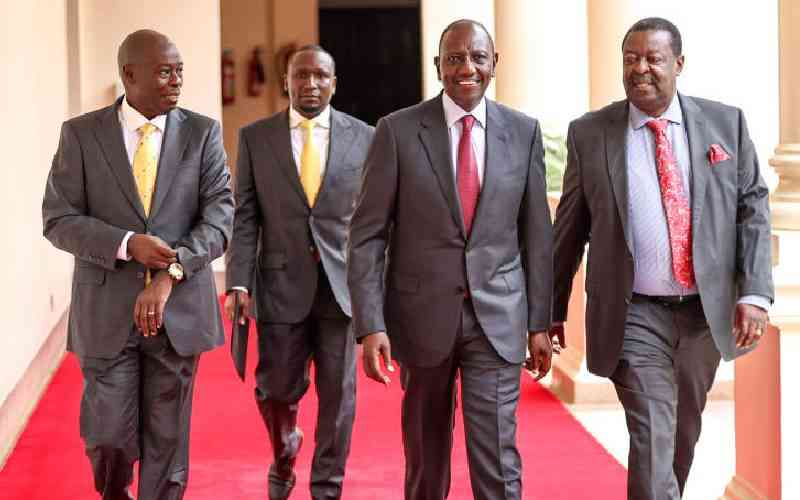×
The Standard e-Paper
Kenya’s Boldest Voice

President William Ruto's crackdown on corruption last week came out of left field. It surprised both friend and foe. Expectations of Kenyans, used to political promises lyrically waxed and never lived up to, have hitherto been low. The last administration was typical; like a loud Texan rancher, all hat and no cattle!
But coming less than a year after the swearing in of the Ruto administration, the crackdown on grand corruption, whilst welcome, casts a spotlight on the concept of "shareholders of the government."